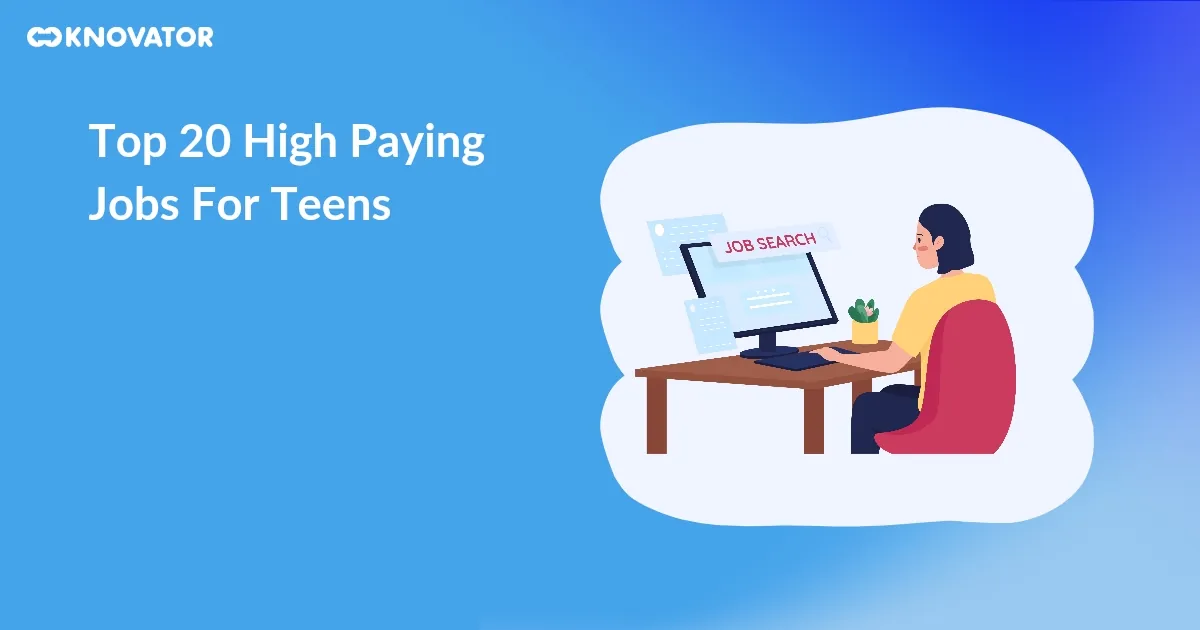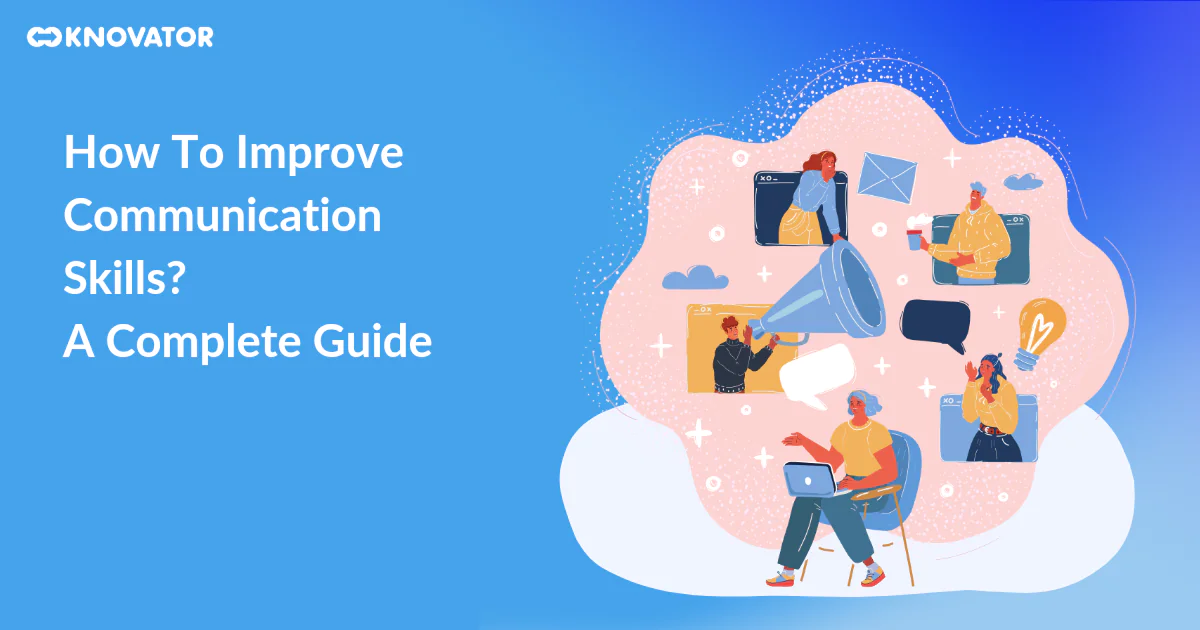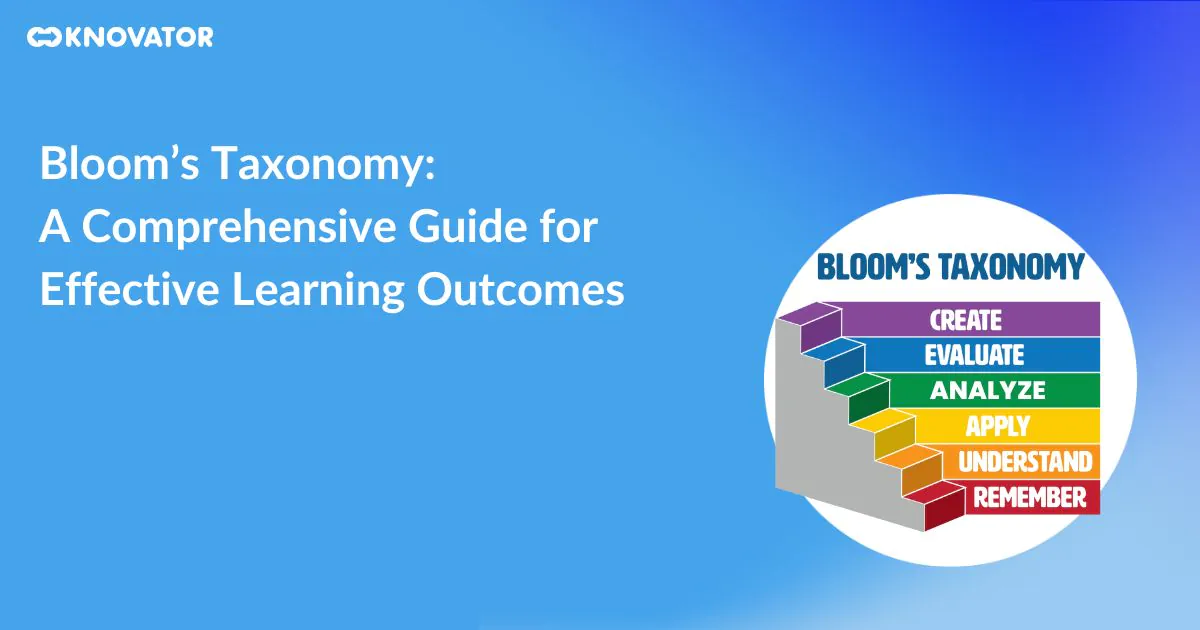The education industry has seen a massive change in 2020 after a sudden emergence of the COVID-19 pandemic. All learning institutions like elearning solutions company and others have had to introduce online lectures to ensure all students can continue their education. Now, almost a year into the new e-learning method, most students and teachers are accustomed to online lectures and examinations. Teachers have also adjusted their methods to suit the circumstances, including email worksheets and reference articles rather than thick textbooks.
However, this shift in teaching tactic has sparked major popularity in digital learning and the e-learning industry for elearning development companies. Online platforms, like Byjus, Udemy, Coursera, etc., have gained rapid momentum because of their services and the topics they cover. This article will cover how the new era will affect students and why e-learning might not be a disadvantage.
The evolution of the educational industry
Traditional education methods in India have solely focused on classrooms and in-person teaching. Whether it is primary school or post-graduation programs, students have received education in classrooms with teachers standing a few feet away. After completing schooling, students have had three options for further education: Arts, Science or Commerce.
There is also a major prevalence of competitive exams conducted for seats in Colleges. JEE Mains (Engineering) & Advance and NEET (Medical) are the most popular competitive exams among science aspirants. Civil Services Exam, like UPSC, are also popular. For these and various other examinations, education has always been provided in private classes or tuitions.
Current educational trends
There have been five major education trends in recent years:
- More emphasis on practical knowledge
The Education Industry has always been somewhat static with largely theory-based knowledge. There has been a significantly less amount of practical and real-world knowledge in the teaching methods. Students and practitioners have slowly started understanding the importance of practical knowledge over theoretical knowledge. Educators have adopted a different teaching strategy which includes providing students with practicals that will promote innovative thinking.
- Studying job prospects before choosing education
The less practical, more theoretical teaching model is a major factor for the rise in unemployment among graduates. Theoretical teaching methods promote knowledge retention, which means students pass their college. However, students cannot get jobs because the teaching method does not provide any skill development opportunities. It has encouraged students to look for practical and skill-based courses that will impart the knowledge they require and increase the probability of getting a job after graduation.
- The popularity of short term courses
What about the students who don’t get a job? A recent trend of short-term courses has emerged where private institutions for industry-specific courses. These usually require six months to one year of engagement, and post-completion, students have gained an additional skill set. These courses are focused completely on imparting industry-related knowledge in the shortest period. Several institutions claim guaranteed placements through in-house training cells. Graduates and even college-goers take these courses to get entry-level jobs.
- E-learning and online education in different fields.
For grades up to 12th, online platforms like Byju’s offer a great understanding of subjects and modules with visuals and videos to keep all students engaged. Parents have started exploring these possibilities and letting their children learn on their mobile phones or laptops. Many high-schoolers and college students prefer such e-learning platforms rather than traditional education methods because they provide an interactive element.
- Getting additional certifications
Apart from a degree, certificates are a major indicator of a person’s skills in specific industries. Employers want to recruit the best candidates and almost look for certificates to measure their quality. Students and professionals usually complete short-term or remote certification courses that can help them upgrade their careers or apply for better opportunities. Several EduTech companies have started providing these online courses specifically to earn certificates.
Future estimates about the education/e-learning industry
Some estimates and predictions can be made about the education industry’s future depending upon the current trends. With the rapidly evolving digital age, education has transformed to include various e-learning tools and platforms. It embodies multiple aspects of the internet like entertainment, accessibility & creativity for the ease of learning. Students can take the specific subject and learn them on these platforms using a method of their choice.
With this rapid evolution, we can expect various other improvements in the educational field. Some of these are highlighted below.
- New fields emerging
Society has accepted different and unconventional careers and professions, and the number of universities, private colleges, and EduTech platforms that provide these career options has increased. This has given students a chance to explore different career options and paths. Creative fields, like performing arts, designing, etc., are being recognized, and there are short-term programs, certifications and degree programs available both online and offline. The emergence of these new fields is likely to increase further in the coming years as micro-degrees and specializations are found.
- New teaching methods
Different fields require different teaching methods for an effective learning process. A textbook covers a set number of topics, but there is no such restriction on online platforms. Some classes have the scope to be conducted outside to provide students with hands-on experience in the field. Technology-based chapters and subjects will require students to bring their own devices to the classroom to learn by practicing and grasp the skills easily. The current method of teaching through online platforms can also be used to create hybrid models. Those who can access the classrooms can visit them, and some students can connect via online lectures simultaneously.
- Skill-based courses
Students who want to earn a good salary should look towards specialty jobs. While jobs with specific requirements are not new, very few institutes or universities encourage developing industry-specific skills in students. As discussed, there is already an apparent rise in these skill-based courses provided by an elearning solutions company. Some of the most popular courses are seen in industries like Digital Marketing and Programming language courses. There is little to no theoretical teaching in such courses, and exams are based completely on their practical knowledge. Students who recognize the benefit of these courses have opted for them.
- Accessibility of resources
E-learning platforms & elearning development companies provide students living in rural areas with educational opportunities. Because anyone can access these e-learning platforms and online learning from any part of the country, students unable to attend schools can opt for them. All you need is a device you can use to learn and an internet connection. Students aren’t required to physically visit a classroom and sit in one place to learn. Students & learners can access the entire library of resources on the internet for free. These e-learning platforms will allow them to learn whatever they want without any additional support.
- Flexibility of learning
Students can access online courses whenever they want because they are usually pre-recorded and uploaded on the institution’s app or website. This access to information allows the learners to choose any time and place without sticking to a rigorous schedule. This flexibility level will be more prevalent in the coming years and will also eliminate the chances of disturbance from peers and increase focused learning. Students can use the time saved by learning whenever required and planning their day accordingly.
- New test formats and examinations
The majority of examinations currently are theory-driven and rarely focus on practical knowledge, and written papers with subjective and objective style questions usually determine a student’s skill set. Newer formats of examinations will promote different aspects of the same subjects, like real-world applications and problems. Projects will be more relevant than tests, and tests may take the form of quizzes. This change can make student evaluation a lot more beneficial. Additionally, the students can make improvements to the areas they lack.
- Customized Learning
Students often complain about learning things they may never need. Personalized and customizable courses can easily solve these problems. Students can choose a career path that resonates with them and change their modules accordingly. Not only does this remove unnecessary modules, but it also gives students more time and energy for what’s needed. Customized learning provides additional flexibility to course structures by making them more specific and industry-related.
- Integration of Soft Skills
In almost all sectors, being good at only doing the tasks is not enough; you need soft skills to resonate with your work ethic. These usually include soft skills like communication, time management, interview skills, etc. Future courses may integrate these skills in their curriculum for complete student development allowing students to become versatile and adaptable.
- Collaboration & Group Learning
While we do have collaborative and group learning, it is rarely encouraged. There is a high possibility that this will change in the future. Implementing group discussions in several subjects can promote teamwork, communication, and co-creation. Additionally, everyone gets to interact and share their knowledge with others for mutual growth.
The future is not always predictable or even imaginable. However, all of these estimates are highly probable, given the current steady pace of the education/e-learning industry growth. Edutech can easily integrate these into their existing plans by partnering with good IT companies. However, Knovator is the ideal choice as an elearning solutions company due to their highly efficient software development that reflects your idea of the e-learning platforms.












